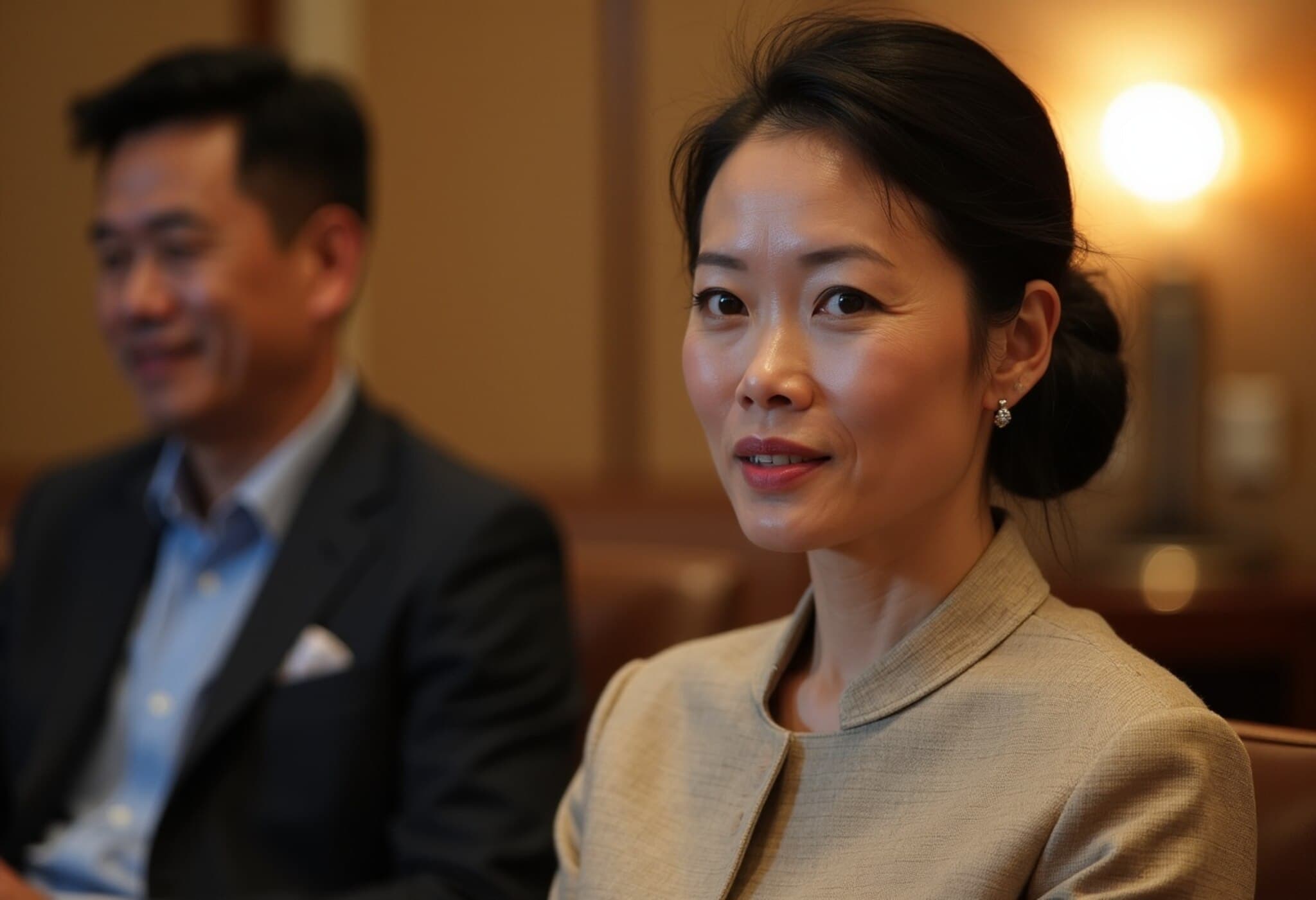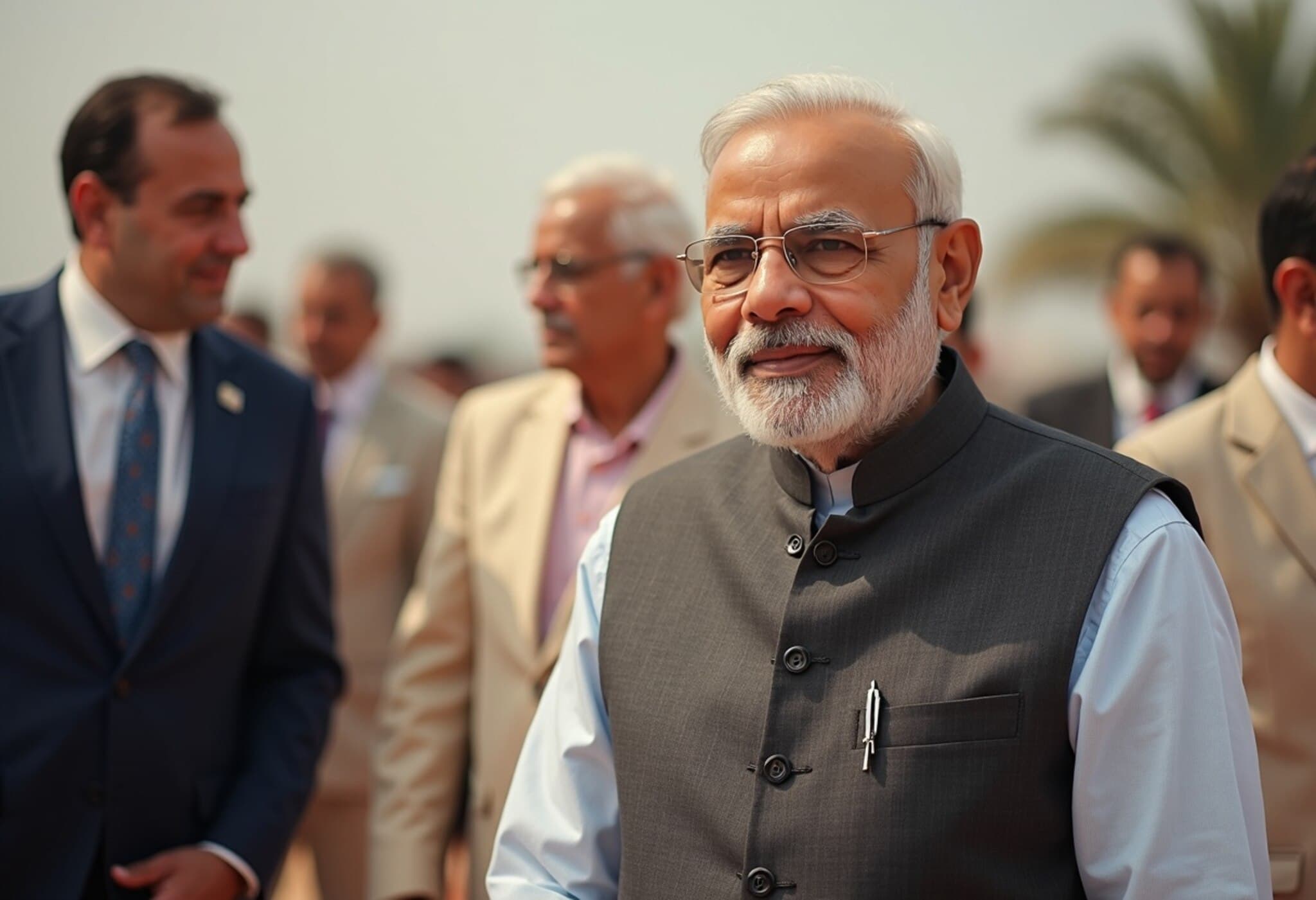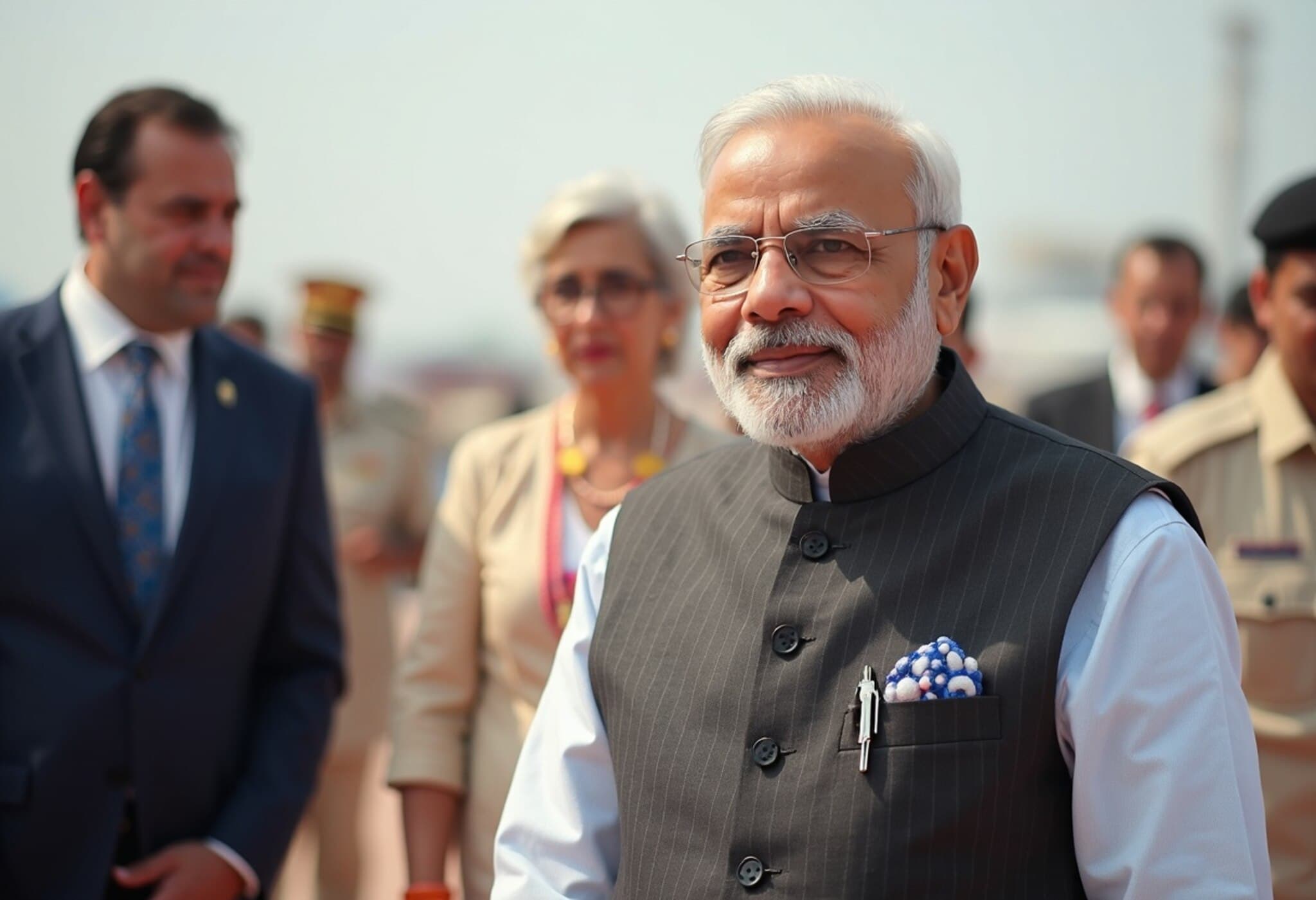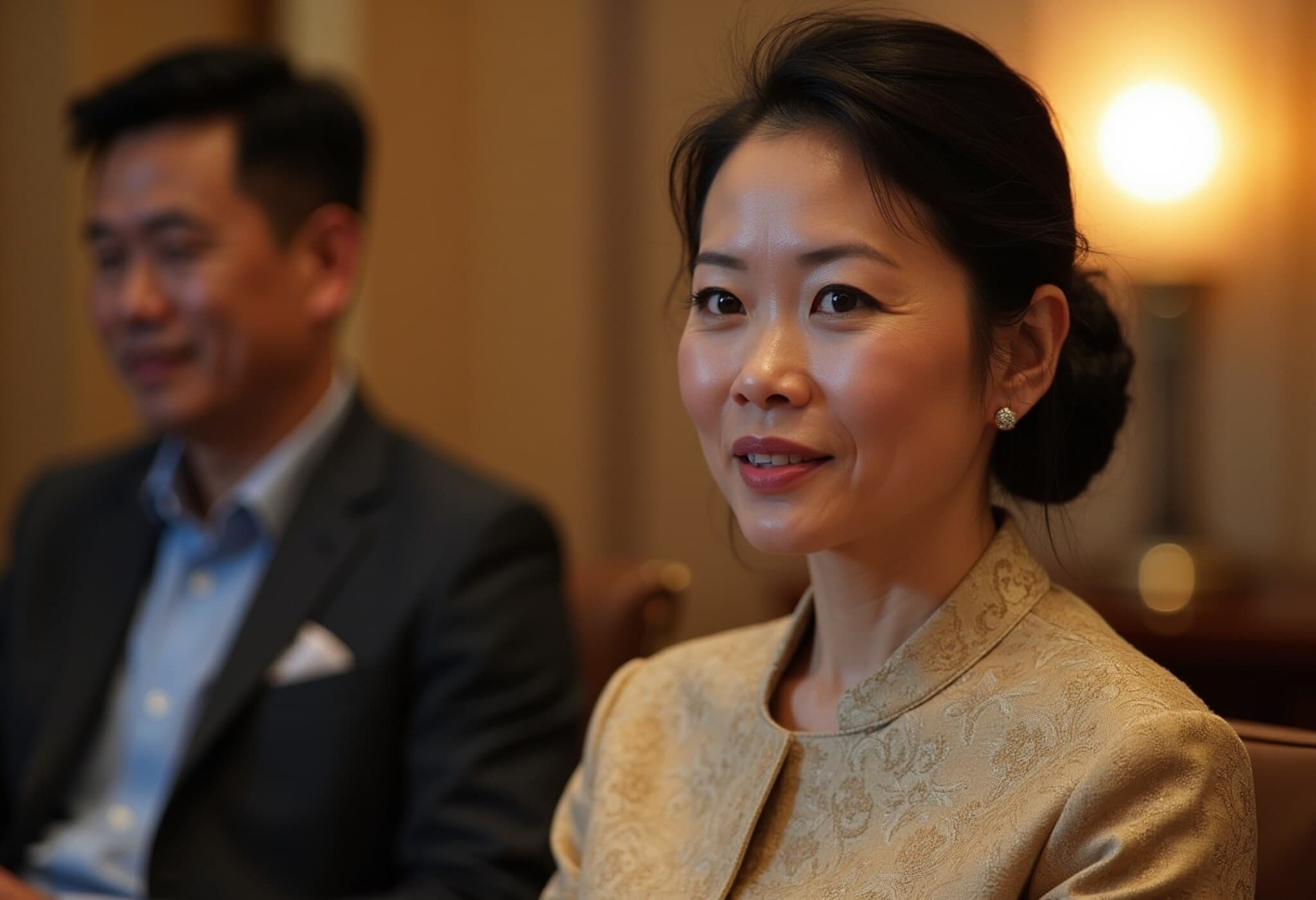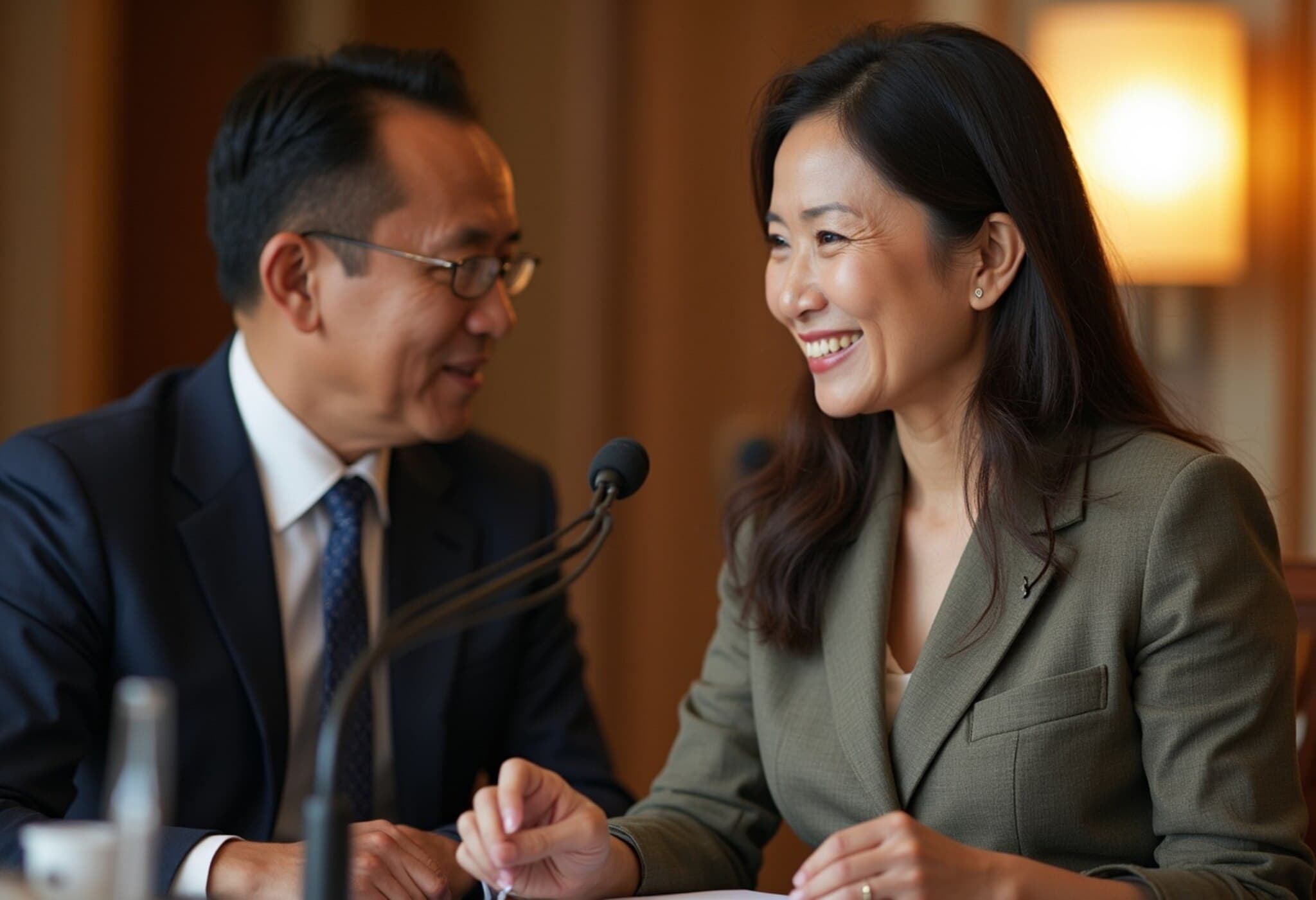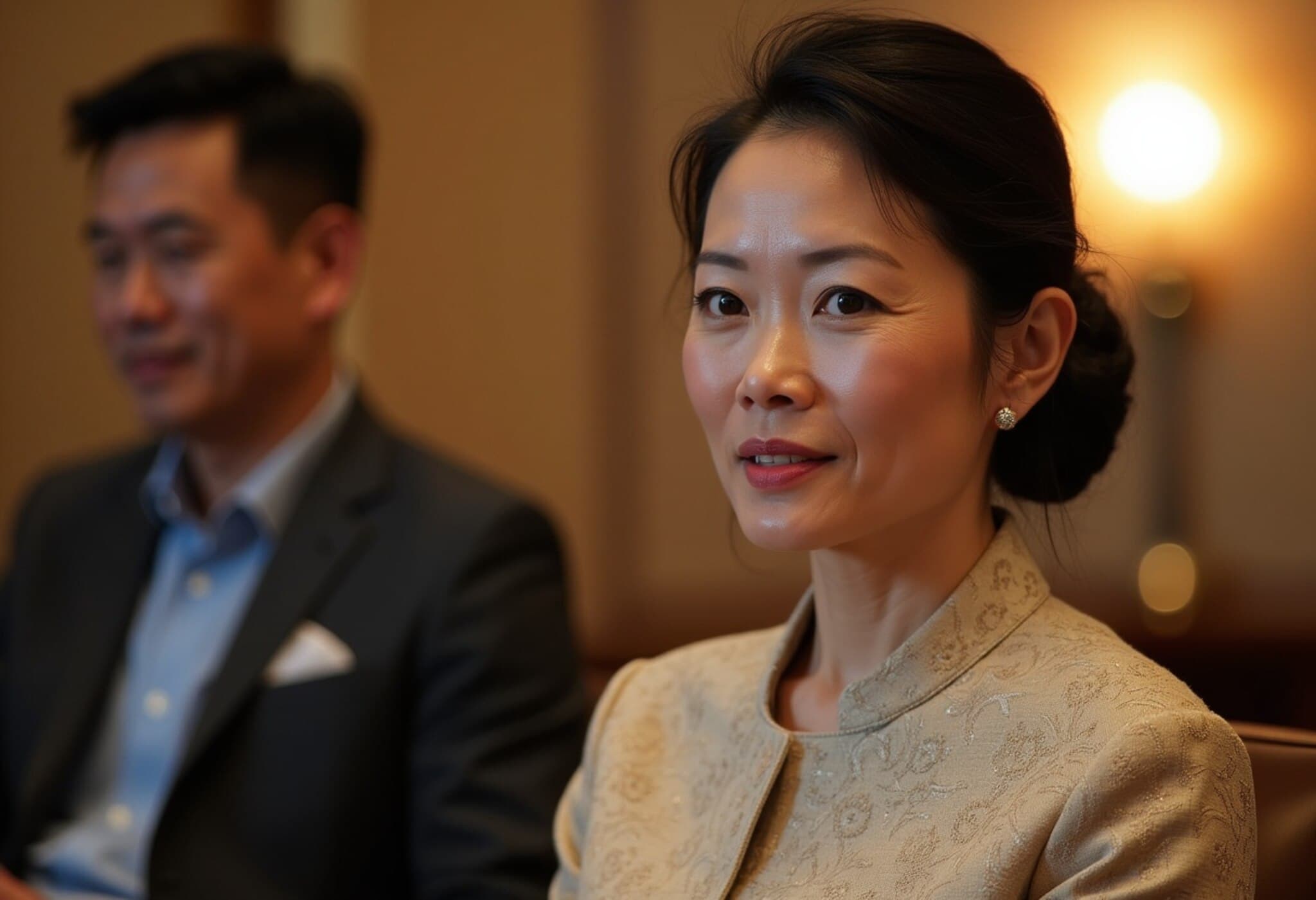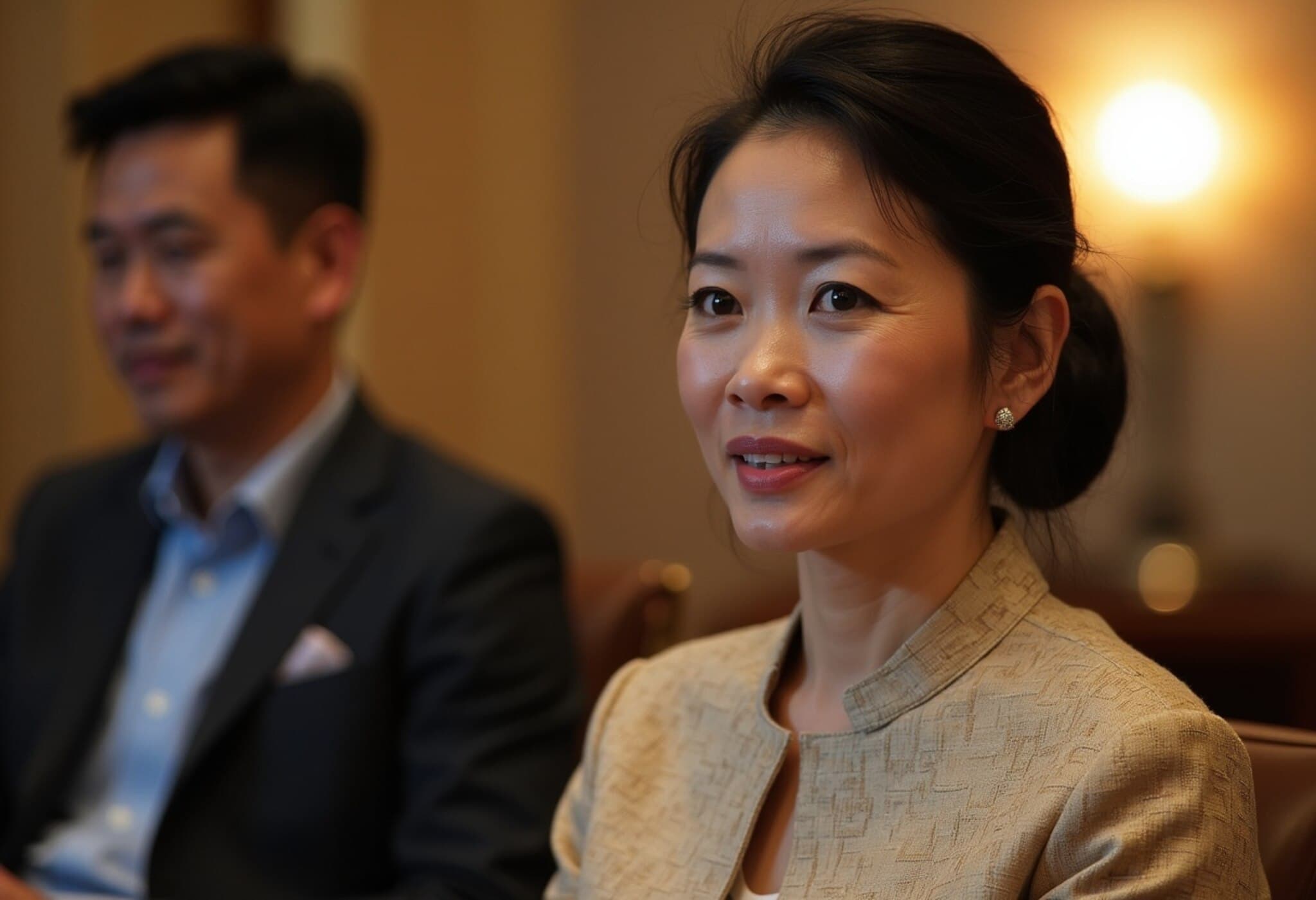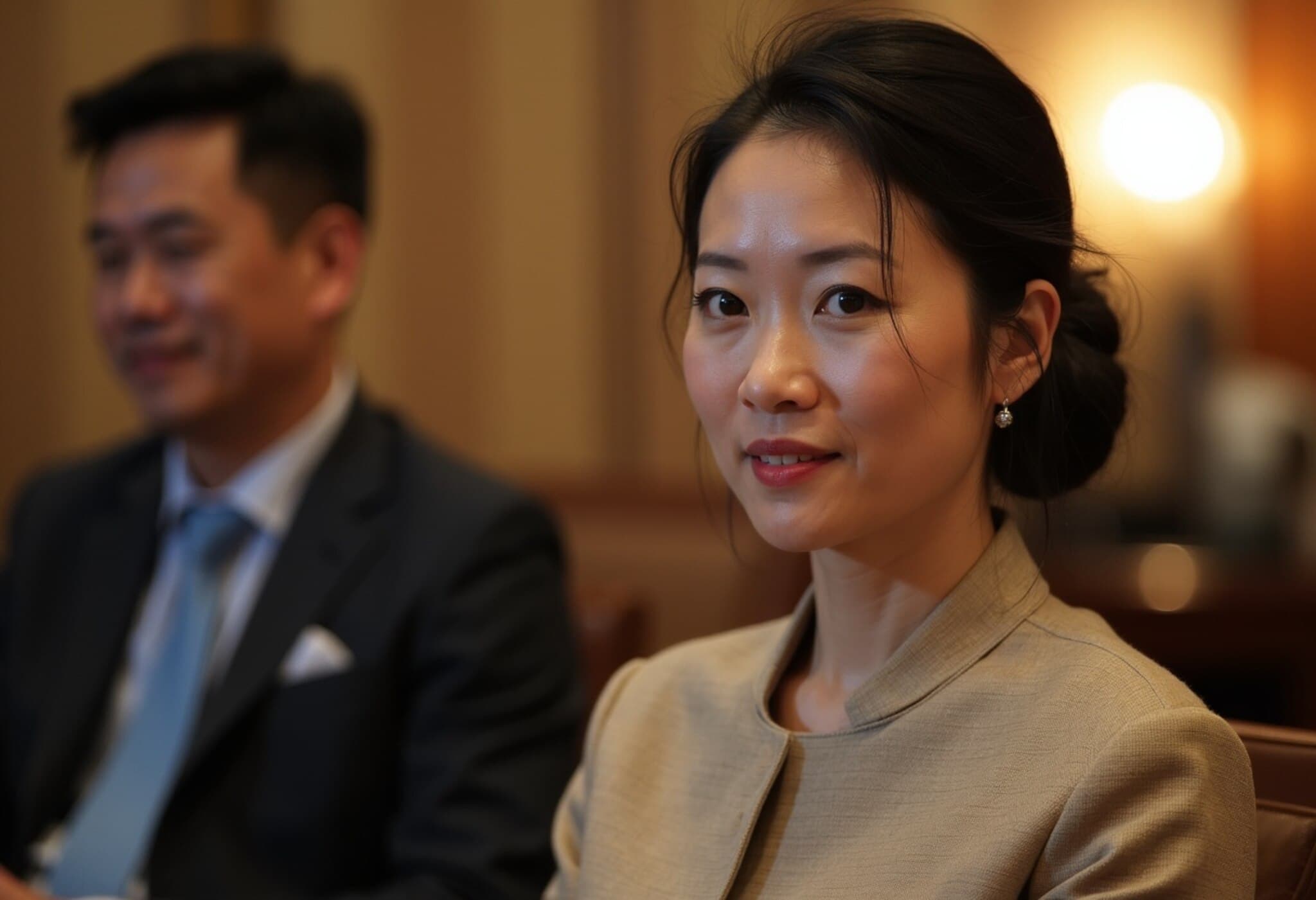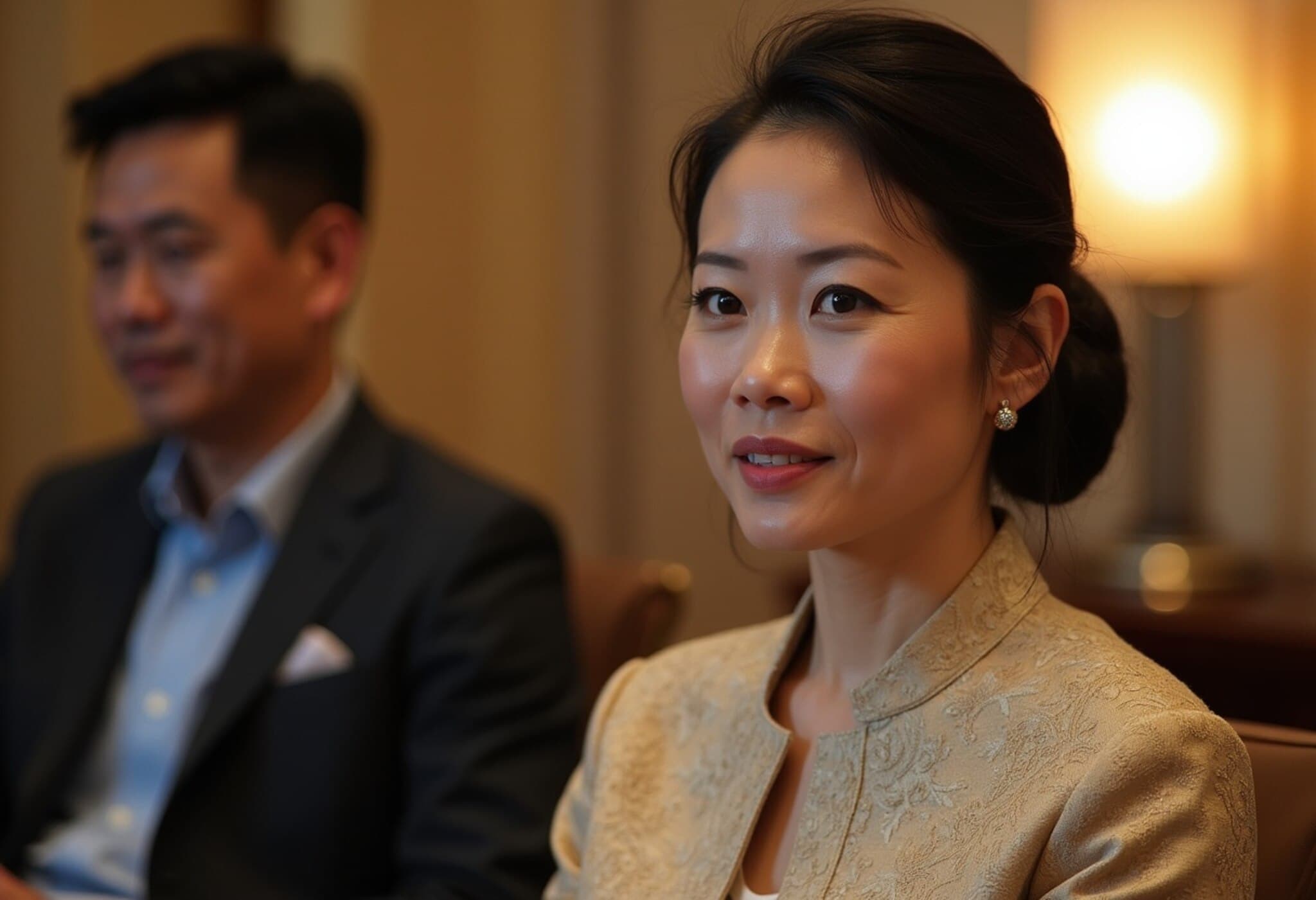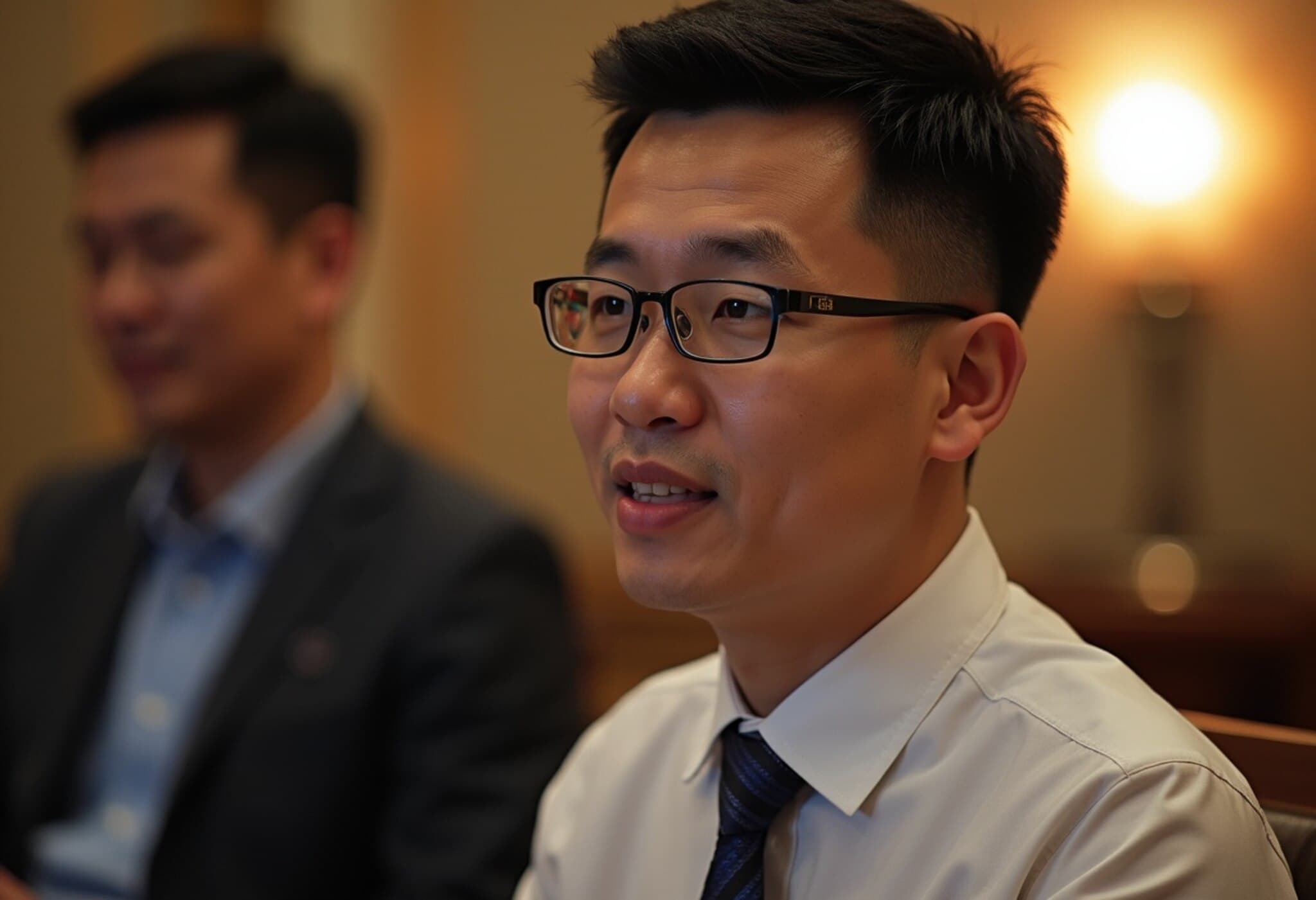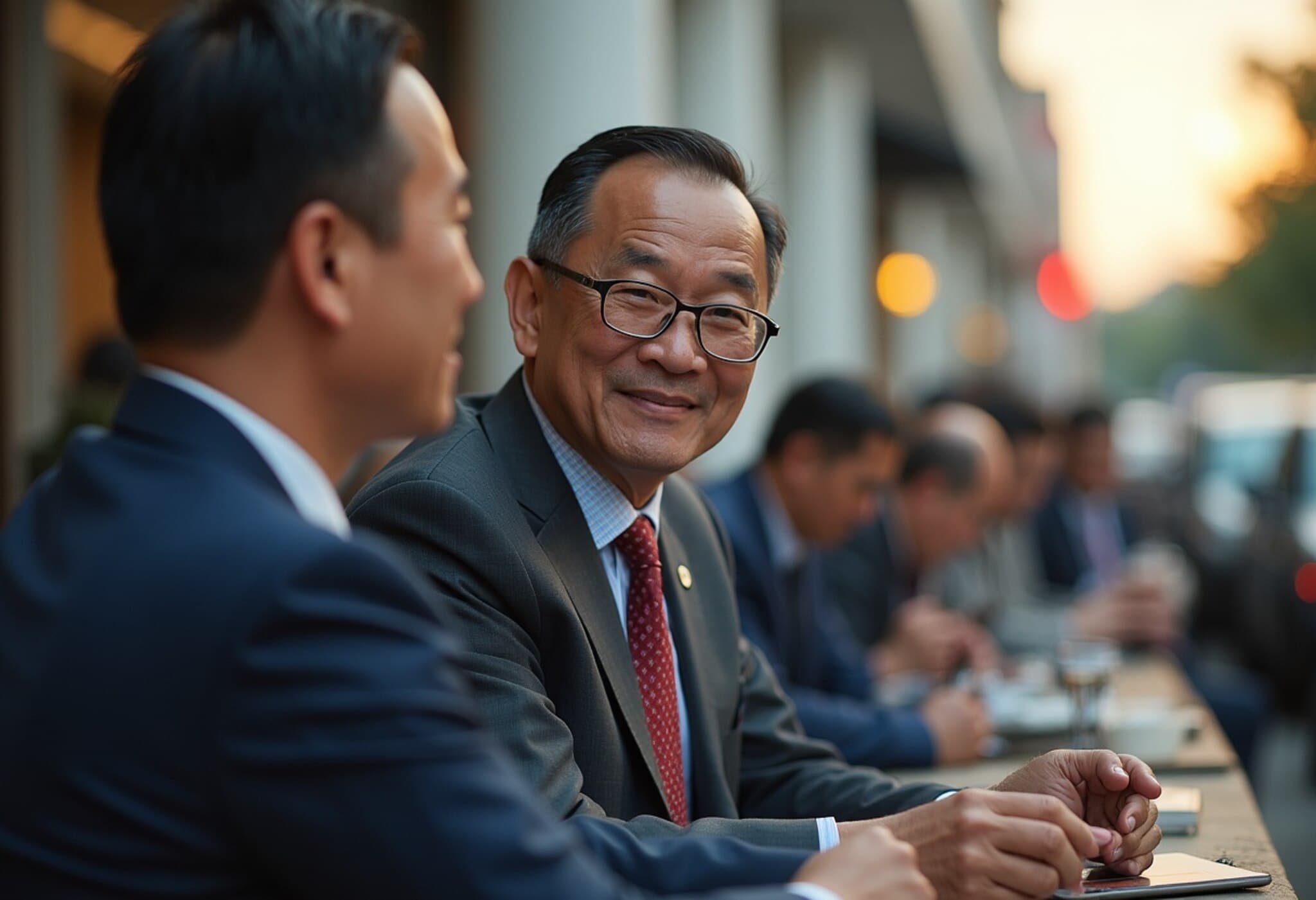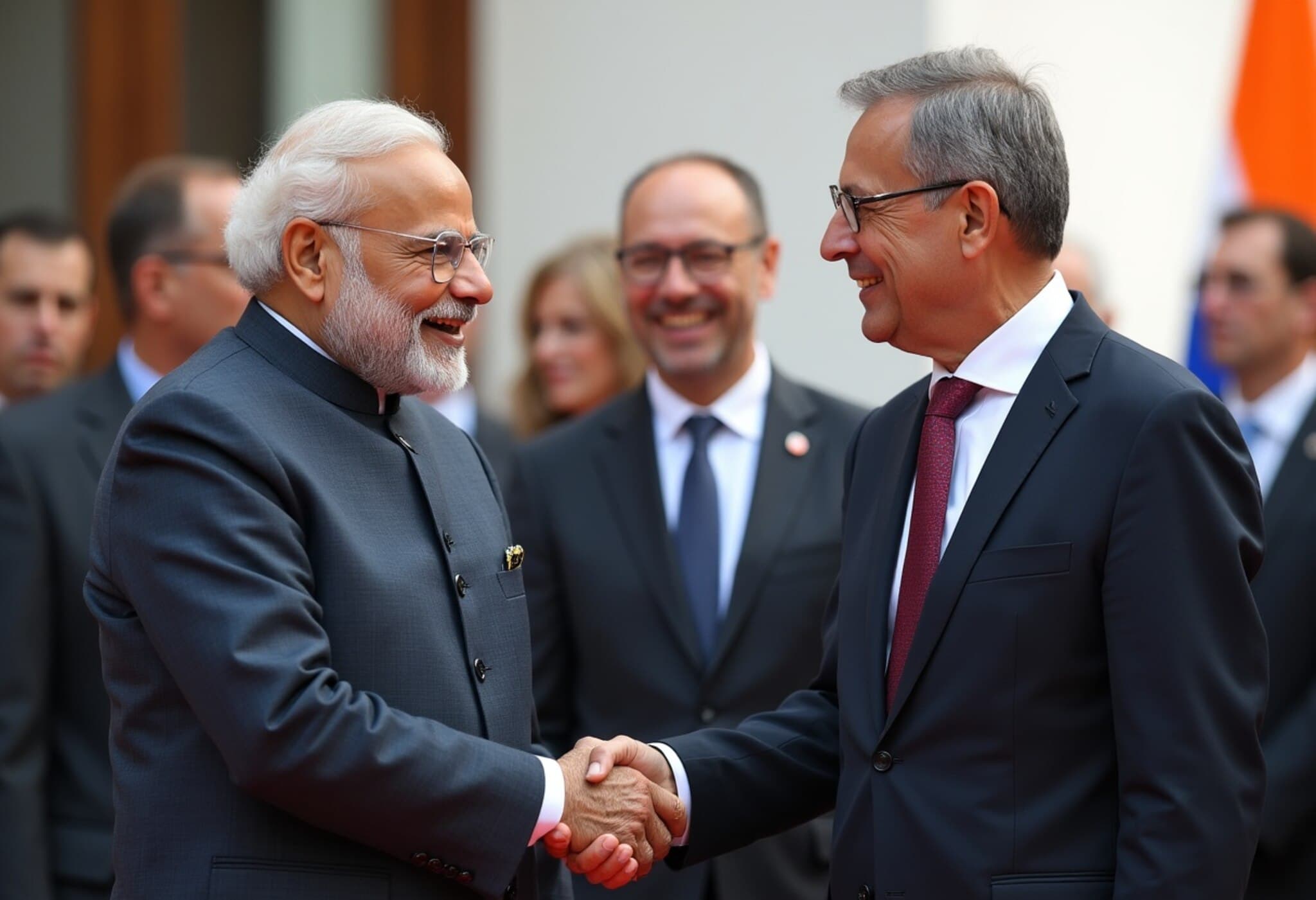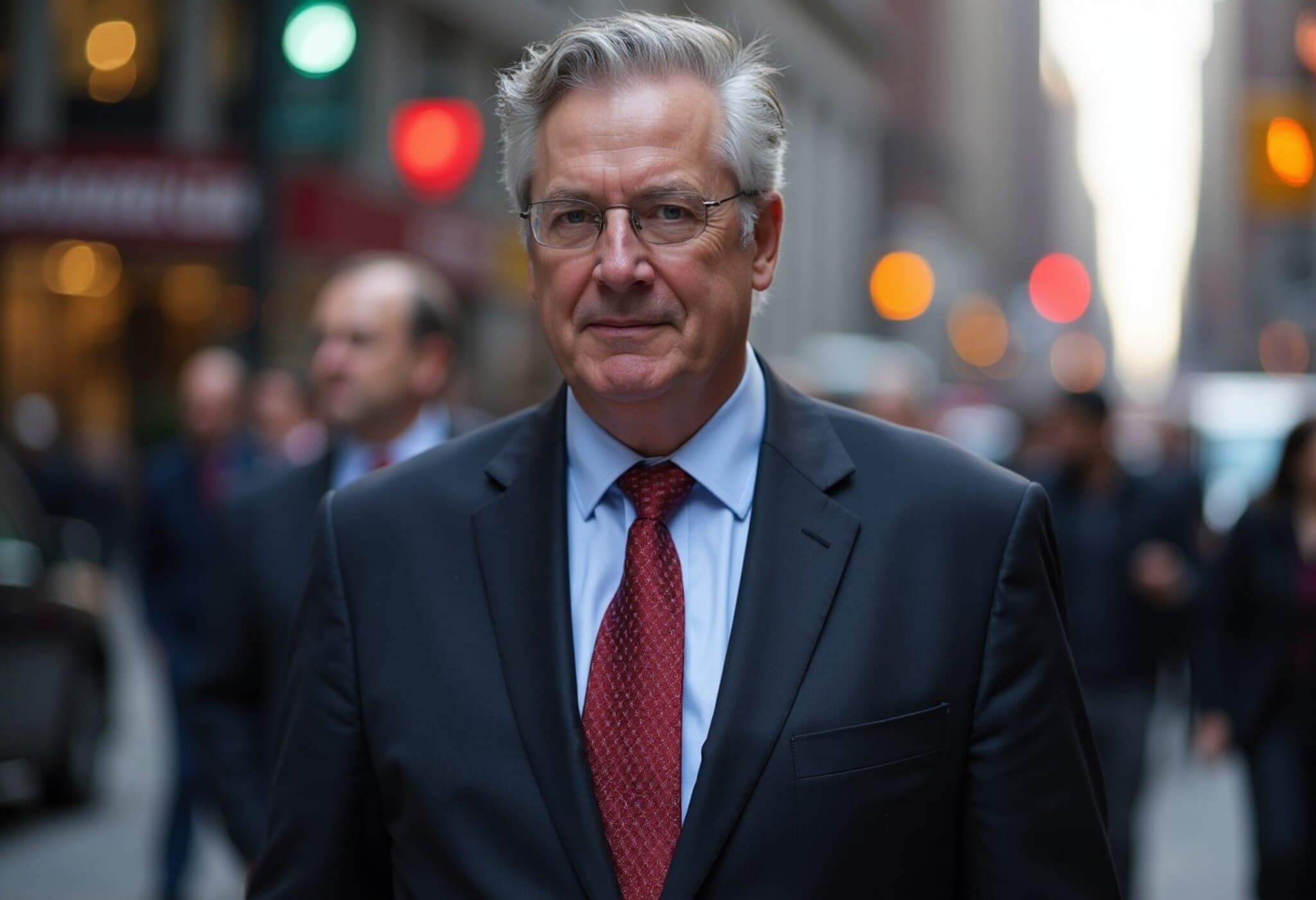Bhumjaithai Party’s Exit Deals Major Blow to Thailand’s Prime Minister
Thailand’s political landscape took a dramatic turn on Wednesday when the Bhumjaithai Party, holding 69 seats and acting as the second-largest faction in the ruling coalition, officially withdrew its support from Prime Minister Paetongtarn Shinawatra's government. This move has left the premier's coalition clinging to a tenuous majority and underscores the growing political instability she now faces.
Leaked Call and Border Dispute Spark Political Rift
The withdrawal followed a controversial leaked phone conversation between Paetongtarn and former Cambodian Prime Minister Hun Sen. The call, surfacing amid escalating tensions along the disputed border between Thailand and Cambodia, raised serious doubts about national sovereignty and prompted strong criticism from Bhumjaithai.
In their statement, the party emphasized their commitment to protecting Thailand’s territorial integrity, declaring they would “support the army and officials who safeguard the sovereignty, territorial integrity and interests of Thailand in all ways.” Bhumjaithai accused the prime minister of damaging the nation's honor and jeopardizing trust between the government, the military, and the public.
Fragile Majority and Mounting Challenges
With the Bhumjaithai exit, Paetongtarn Shinawatra’s coalition is reduced to a fragile grip on power, raising concerns about the government's durability. The challenges extend beyond internal politics; the administration is battling a slowing economy and faces the threat of substantial US tariffs should ongoing trade negotiations falter.
A Young Leader Under Pressure
At just 38 years old, Paetongtarn is Thailand’s youngest-ever prime minister, ascending to office less than a year ago following the court-induced removal of her predecessor. Despite her promising start, her leadership is increasingly questioned, especially as rumblings of potential defections from other coalition parties surface.
Border Standoff and Diverging Approaches
The tension at the Thai-Cambodian border has intensified, with troops mobilized on both sides. While the military adopts a hardline position, Paetongtarn has favored a cautious diplomatic approach, aiming for a peaceful resolution. This stance has drawn criticism domestically, particularly after the leaked call in which she reportedly expressed the pressure she faces from factions within Thailand, urging Hun Sen not to trust “the other side”—believed to reference a vocal Thai general involved in the border dispute.
Looking Ahead: Political Uncertainty Looms
As the government grapples with these crises, spotlight turns to the remaining 10 coalition partners. The possibility of further defections threatens to unravel the ruling alliance completely. Meanwhile, Paetongtarn remains firm in her commitment to defend Thailand’s sovereignty through a balanced strategy of diplomacy and readiness.
In this turbulent period, Thailand’s political future hangs in the balance, with the prime minister’s leadership tested as never before amid internal dissent and external pressures.

